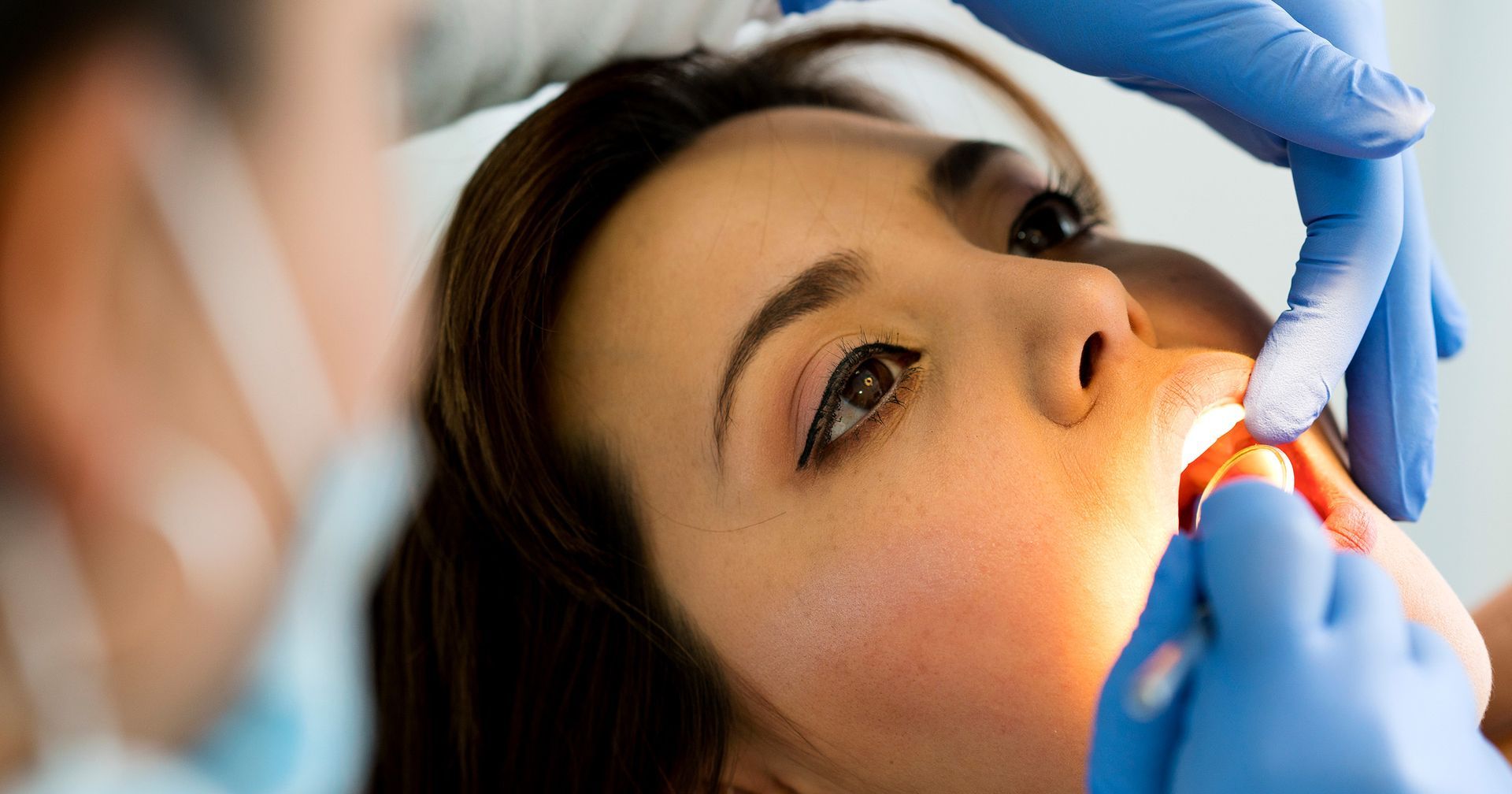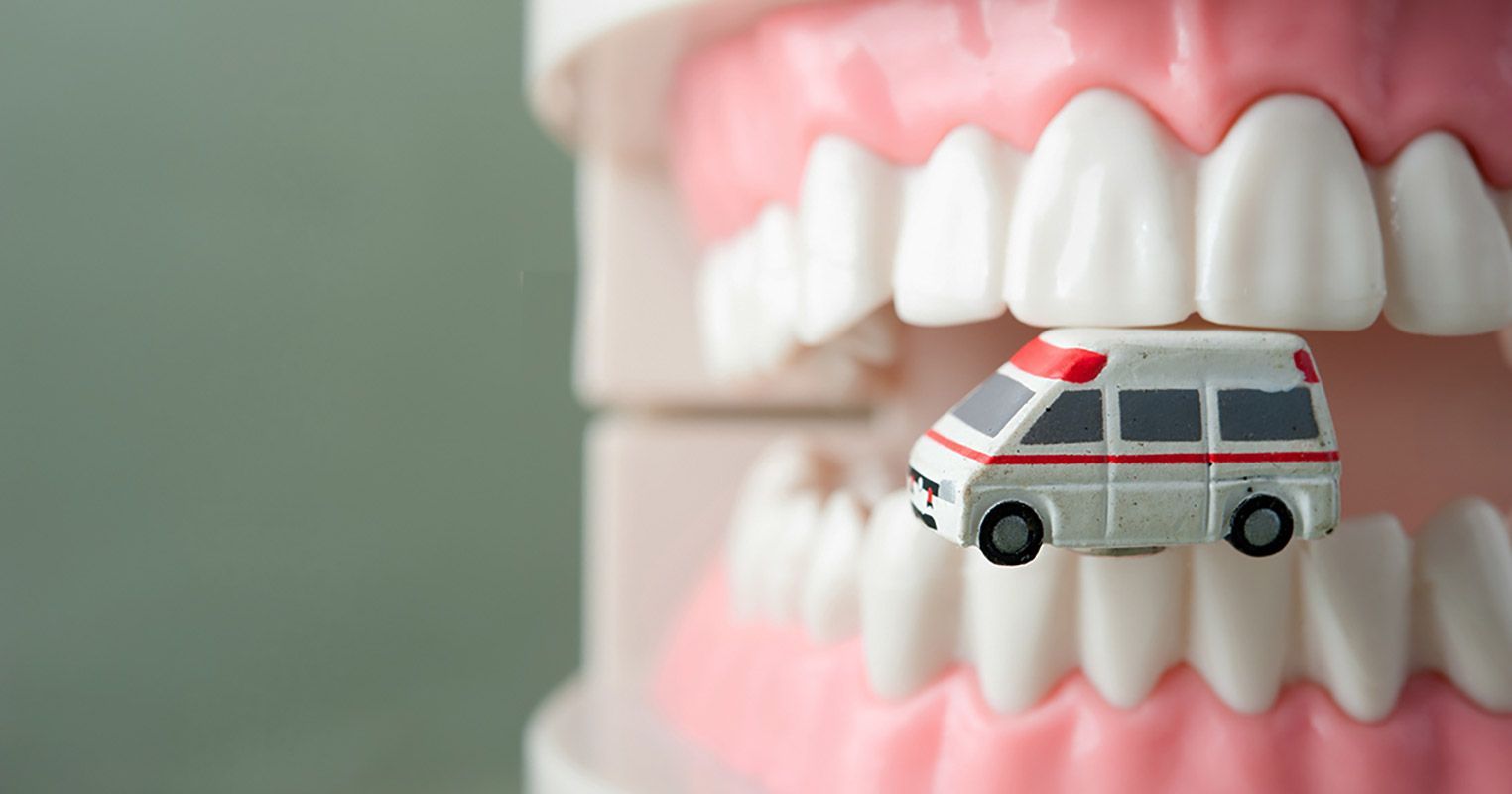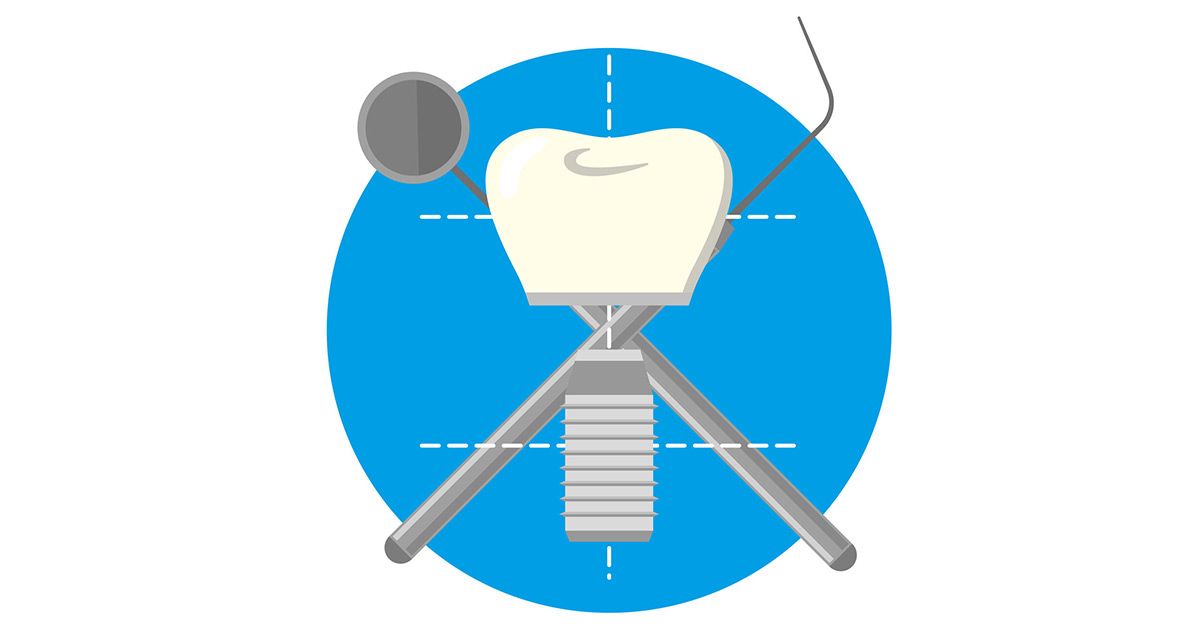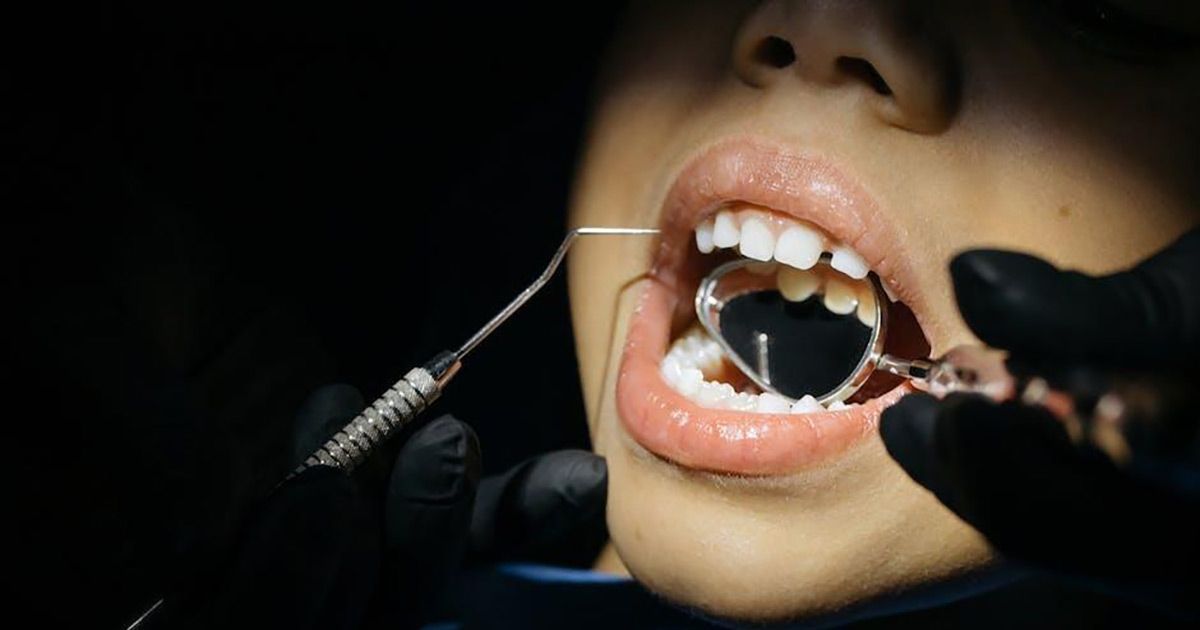The Possible Signs and Symptoms of a Root Canal
Are you experiencing swollen gums, tooth pain, and prolonged sensitivity? You may need a root canal. We explain more possible signs and symptoms here.
Are you experiencing serious pain when you chew or bite? Are you wondering if you're experiencing root canal symptoms?
Root canal pain is nothing to take lightly. If you don't treat the affected area, an infection can result. This could lead to damage in your jaw, blood, brain, and even the rest of your body.
What's root canal pain, and how can you treat it?
Let's take a look.
What Advances Have Been Made in Root Canal Treatment?
Do Root Canal Treatments Hurt?
Root canal treatments may be uncomfortable. However, with today's technology, you can expect a root canal to be like a regular dental filling that takes a bit longer.
Your treatment itself will probably be painless because a local anesthetic is used to numb your teeth and gums. If your infection was serious and you experienced swelling or fever before your surgery, your dentist may have prescribed you antibiotics. This can also help to reduce the pain you're feeling.
There's a possibility your mouth may feel sore or tender after your procedure. Your dentist will probably prescribe over-the-counter painkillers such as Tylenol or Advil. Any pain you're experiencing should subside within a week after your treatment.
What Are Some Root Canal Symptoms?
You may be wondering if the pain you're experiencing points to root canal symptoms. Root canal pain is unique, and you should know what to look out for.
One of the main issues you'll be experiencing is pain that you may feel in your jaw, face, or other teeth. You may also experience sensitivity when you eat or drink very hot or cold foods. When you have ice cream or drink a lot of cold water, you may get pain rather than a slight tingling.
Swollen gums, chipped or cracking teeth, and a tooth that feels loose are also signs that you may need a root canal. You may also experience pain whenever you eat or touch your tooth.
What Can You Do After You Have a Root Canal?
Recovering after a root canal is a matter of taking care of yourself.
Besides over-the-counter pain relievers, you can use ice packs to relieve pain when you begin to experience swelling. You can also avoid irritating the area by elevating your head with pillows when you sleep.
Make sure to eat only soft foods for a few days after you have a root canal. You may not feel like eating, but proper nutrition is important for keeping your strength up. Scrambled eggs, soups, and smoothies can all help with your recovery.
You'll want to avoid smoking and exercise after surgery. While it's important to get back to your normal fitness routine after recovery, working out too soon after your surgery can actually make you bleed again and feel achy.
You'll want to make sure you get enough rest. If you experience anything more than just normal recovery symptoms, it's time to see
your dentist. Telltale signs include swelling, rashes, and pain that doesn't go away with pain relievers.
How Can Endodontic Treatment Save a Tooth?
Endodontic treatment can save your tooth by removing damaged tissue from inside it. It can also save your tooth from eventual removal.
Yet root canal treatment is important for much more than cosmetic reasons. A failure to treat the area could lead to an infection that spreads to other parts of your body. This is very serious, and it could eventually become fatal.
It's critical to see your dentist if you're experiencing root canal symptoms.
Treating Root Canal Pain
What's a root canal? Damage to the nerve underneath your tooth could lead to root canal symptoms that result from root canal pain. It's critical to see a qualified professional and have this treated as soon as possible.
Don't stop taking care of your mouth now. Lejeune Dentistry has qualified dentists who can treat your root canal effectively. For more information,
contact us today.










